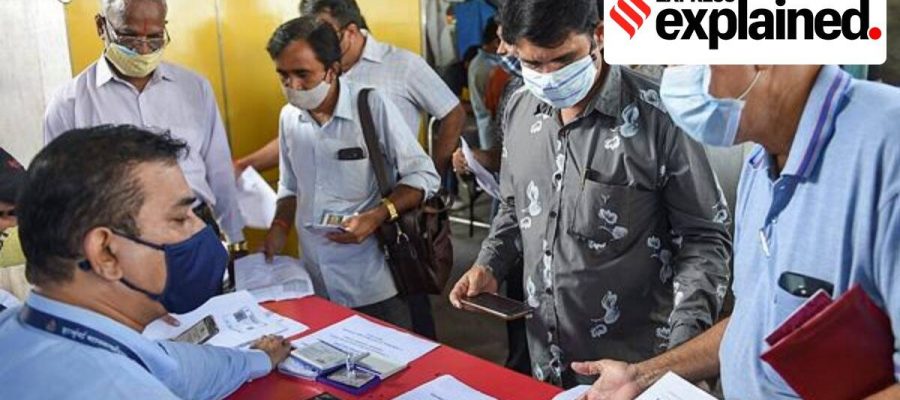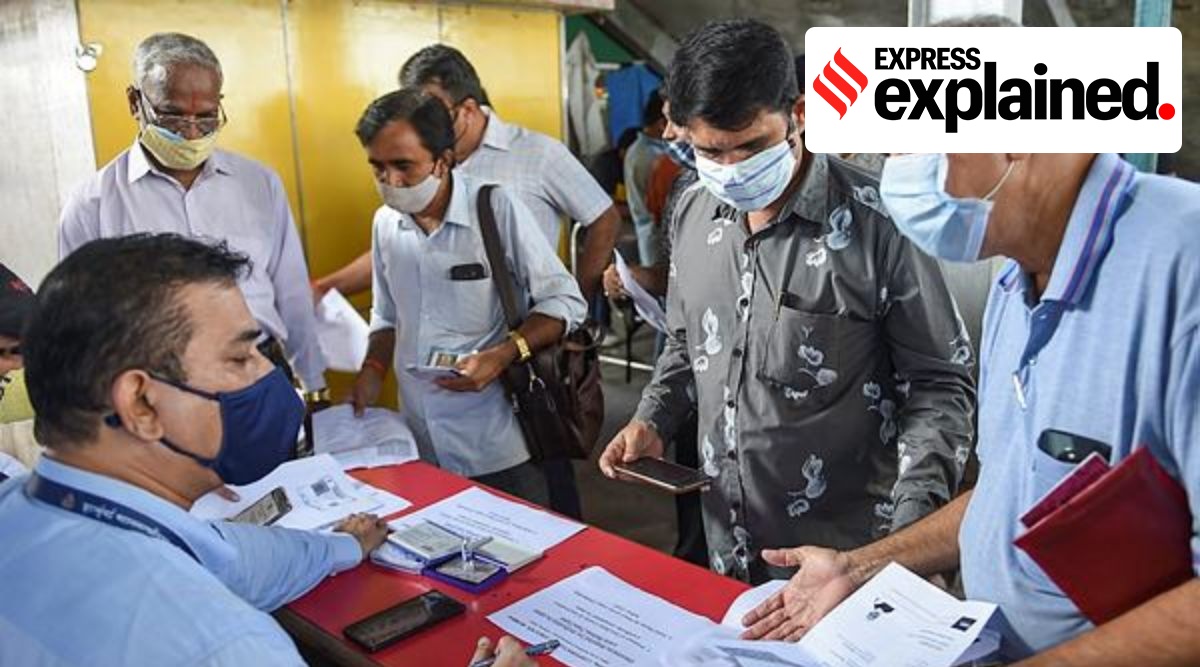While some states have completely done away with any testing requirement, some are exempting passengers who have been vaccinated from getting tested before travelling.
As more people continue to get vaccinated across the country, an increasing number of states are now offering exemption from RT-PCR testing requirements to vaccinated passengers traveling into their jurisdictions.
In addition to Covid-19 testing requirements, states are also doing away with the quarantine rules for those who are fully or partially inoculated against the disease. But despite the economy being opened up progressively, the rules being put in place across states present a mishmash of discordant stipulations that could end up confusing air travellers.
Newsletter | Click to get the day’s best explainers in your inbox
Why is RT-PCR testing important for travellers?
Several state and city administrations had imposed the requirement for passengers to have their RT-PCR tests conducted at least 48 hours before traveling to prevent anyone infected with coronavirus from traveling into their jurisdictions and thereby containing the spread of the pandemic. With the inoculation drive gaining momentum, several states have done away with this requirement.
How are states updating their travel guidelines?
While some states have completely done away with any testing requirement, some are exempting passengers who have been vaccinated from getting tested before travelling. However, there are still a number of states and cities that are compulsorily seeking RT-PCR test certificates — in some cases even when the passengers are fully-vaccinated.
Is there a set of central guidelines for vaccinated travellers?
While the Union government has advised states that those who are fully vaccinated do not need RT-PCR test certificates to travel, some states have continued to insist for pre-arrival or on-arrival testing.
Source: IndiGo, SpiceJet
Source: Read Full Article



